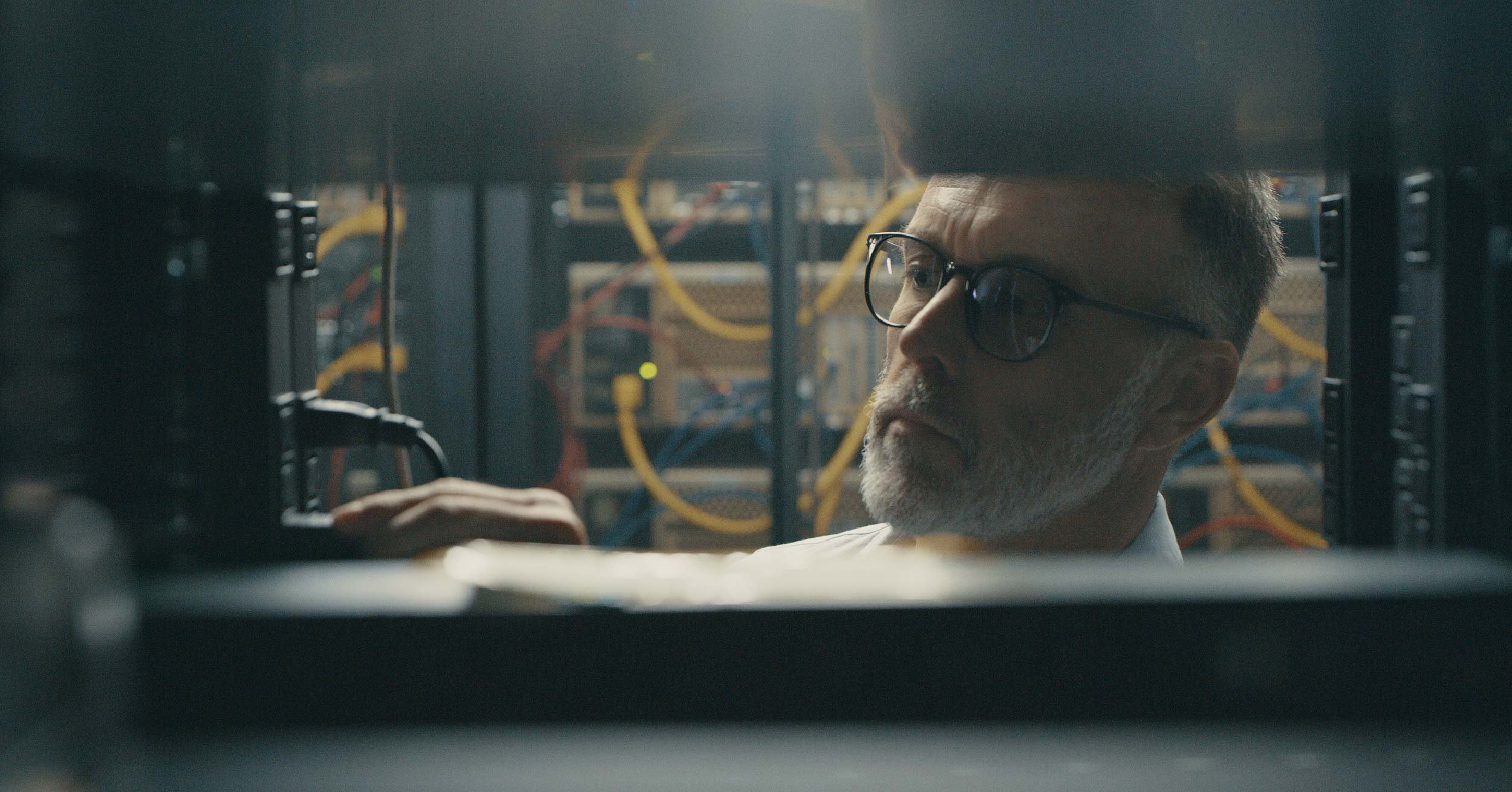Almost across the board, modern business technology has taken a huge leap in recent years. It’s more energy efficient, more secure, and incredibly flexible. However, most companies don’t have the time or the resources to constantly fix something that isn’t currently broken.
But when that “something” is a server, there’s a sweet spot somewhere between frugal and reckless. Here are seven signs that putting off this purchase is the latter.
Common Warning Signs That You Need a Server Upgrade

Servers take a long time to set up, so if your server fails, not only could you lose valuable data, but you could also be facing a considerable amount of downtime. Downtime can be incredibly expensive, so here are the common indicators that it’s time to retire a server.
1. Your Server Is Unreliable
A good server is one that’s reliable and available at all times. If you experience frequent crashes or slow response times — or it has been down for over 24 hours — then it’s definitely time to replace it.
2. It's No Longer Receiving Updates
If you’ve already gotten word that your server will be reaching its end-of-life (EOL) date, you’re officially on notice that your server will no longer receive the technical support and software updates that it needs to protect your data from security breaches or resolve software bugs.
I understand that these dates sometimes have a way of creeping up, but they shouldn’t be ignored, and they definitely shouldn’t be viewed as a sneaky sales tool.
Equipment manufacturers need to make sure they’re striking the right balance between innovation and supporting their existing solutions, and just like every organization, they have a finite amount of time and resources. And even if that weren’t the case, older systems can’t always be brought up to today’s cybersecurity standards.
3. It's Over Five Years Old
Heat is the enemy of your server’s drives, and over time, that heat will start to compromise overall performance and reliability. Today, most warranties for servers last around three years, and that’s because in years four or five, you will typically start seeing memory failures and slower access.
Modern solid-state drives have the potential to last from 7–10 years, but that also depends on how they’re used. As businesses continue to use applications that demand more and more speed and memory, the harder it is on their servers.
4. You're Already Experiencing Compatibility Issues
If your server isn’t compatible with new software or devices that your business needs, it’s not going to get any easier in the future. In some cases, you might be able to find clever workarounds, but many of them could introduce new cybersecurity risks into your infrastructure. And even if your workaround works perfectly, it will probably cost you a great deal of your time.
IT time is expensive, and addressing frequent compatibility issues isn’t typically the best use of it.
5. It Doesn't Have Fail-Safes
Sometimes prevention is better than a cure. HPE builds fail-safes into its servers so they don’t go down. For example, they have lights that go from green to amber if the system detects potential problems with a drive. That gives you the opportunity to swap out the drive before it fails. In addition, HPE builds redundant fans and power sources into the ProLiant servers, all with one idea in mind: keeping your server running all the time.
6. It's Vulnerable to Cybersecurity Threats
If you work with sensitive data, outdated technology can put you at risk for a data breach and other common cybersecurity threats. And considering the average cost of a data breach is now $4.45M, the amount of money you think you’ll save by postponing a critical upgrade isn’t worth the risk.
7. You Aren't Happy With Your Existing Server
Fortunately, the supply chain issues that characterized the past few years have started to improve, but the shortages often revealed where certain companies were hiding a few persistent weaknesses. In this business, relationships matter. And maintaining close relationships with top equipment manufacturers and software developers is the reason we’re able to consistently provide the parts and expertise our clients might need.
Quick access to parts and expertise are a nice plus for some equipment, but it’s a must-have when it comes to your critical infrastructure. If your manufacturer can’t provide you with either, then that’s a liability.
Should You Consider an HPE Server?

When I talk with clients about their servers, often designing systems for them based on the workload on their network, I usually lead with HPE servers. I believe that every client deserves my best recommendations, and HPE servers are extremely reliable.
Why HPE Servers Are Considered Top-of-the-Line
Just to clarify — I don’t say HPE servers are top-of-the-line simply because HPE is a strategic partner. We formed a strategic partnership with HPE because they manufacture reliable, secure, industry-leading equipment. And if you don’t want to take my word for it, you can certainly consult Gartner.
Here’s why I think they’ve been able to maintain their elite position in Gartner’s Magic Quadrant:
- As a Tier 1 hardware manufacturer, HPE can pick the best of the best components, including Intel processors and Samsung drives
- HPE rigorously tests their components to make sure they work together, which is important because components need to be replaced with the exact same part — not an updated version
- HPE compute cores are hardened through a proven, zero-trust approach to security
- A simple, unified console gives you the data you need to take a more proactive approach with your infrastructure
- ProLiant Gen 11 servers recently set 60 world records in performance and efficiency
Why HPE + Marco Is a Winning Combo for SMBs
 Many small and medium-sized businesses only have one server, so having it down for more than one business day is just too costly. In some cases, HPE can diagnose your issue remotely. If, for example, you have a drive on the server that goes bad, HPE will ship you a new one right away that you can hot-swap. Once you plug it in the drive will automatically start rebuilding the array, so you can minimize downtime.
Many small and medium-sized businesses only have one server, so having it down for more than one business day is just too costly. In some cases, HPE can diagnose your issue remotely. If, for example, you have a drive on the server that goes bad, HPE will ship you a new one right away that you can hot-swap. Once you plug it in the drive will automatically start rebuilding the array, so you can minimize downtime.
Furthermore, our close relationship with HPE ensures that our technicians are trained and HPE-certified. We can also get replacement parts faster than just about anyone, and we can offer competitive prices on HPE equipment. Sure — that’s great for us, but it’s even better for clients who are hoping to get more value from their next server.
Click the link below to explore our data center page!
